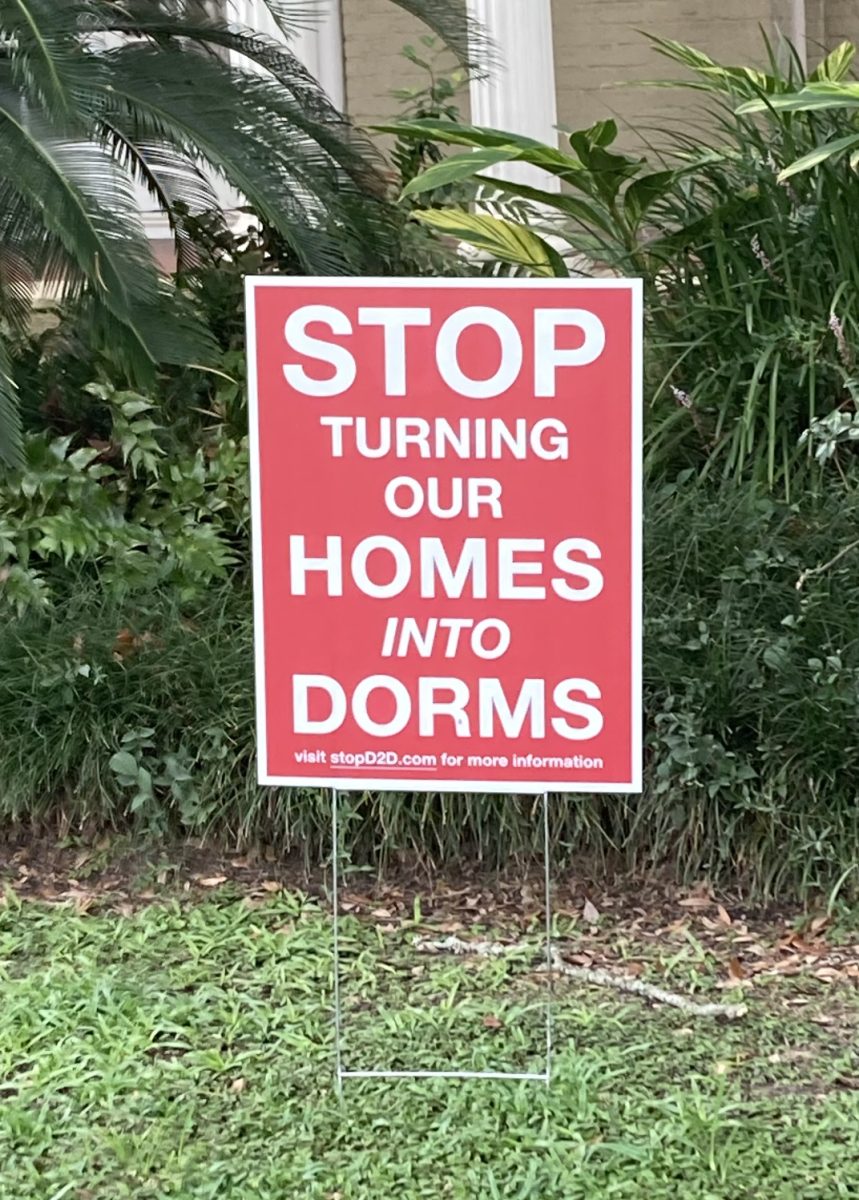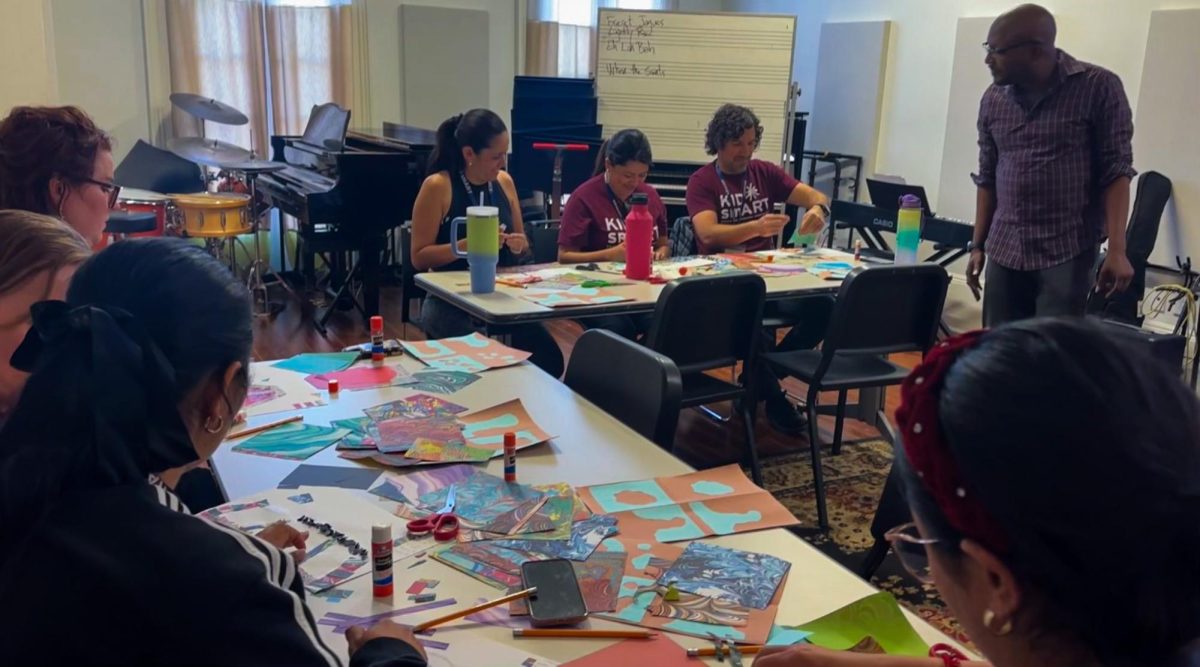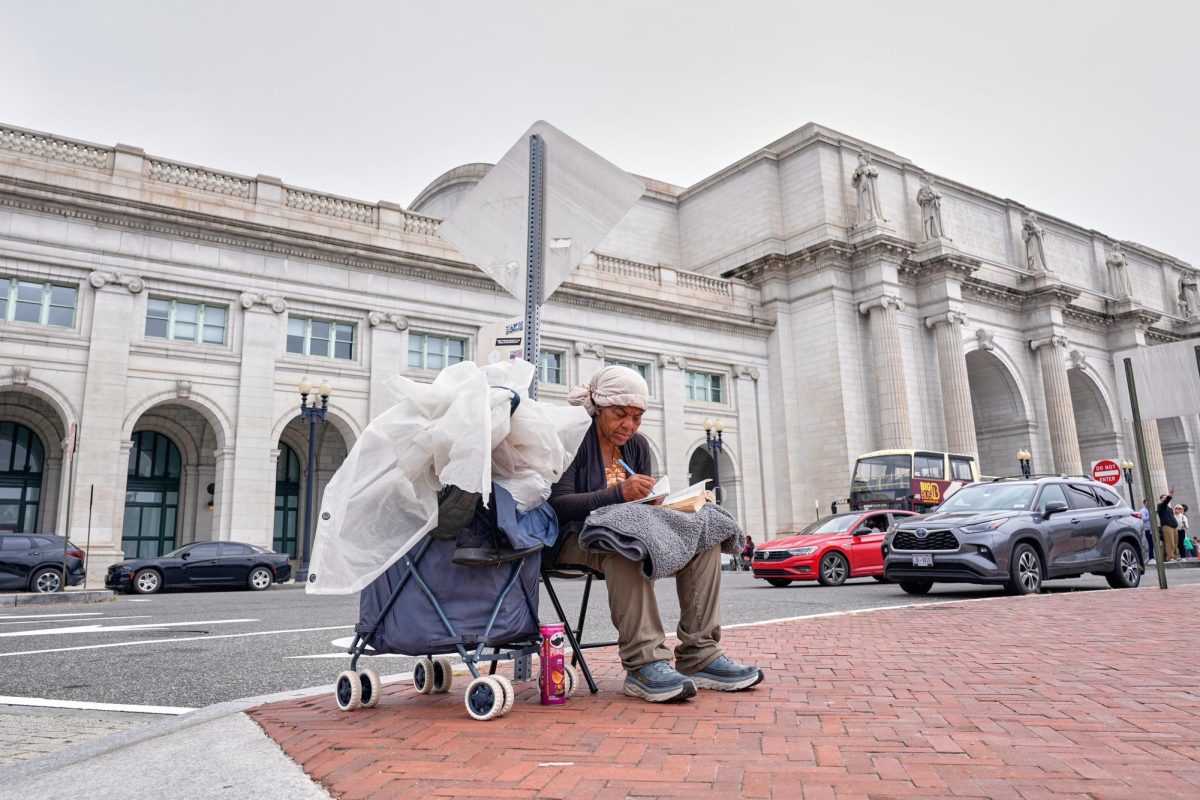“Stop Doubles to Dorms” is a lobbying slogan that has gained popularity throughout Uptown New Orleans, as houses built for families are being converted to accommodate large amounts of college students.
Junior Ana Colón has lived in a double-to-dorm house since May, with her two roommates. The house is divided into three units. Colón’s unit has less than her peers that live in a double-to-dorm home. Still, she has concerns.
“I don’t love the idea that we live kind of up in the attic because it used to be one whole house.” Colón said.
One of the most pressing concerns among neighbors who live near double-to-dorm houses is the parking. These houses do not have the proper parking spaces to accommodate the amount of people in the house, despite zoning regulations put in place, according to New Orleans’ District A Councilman Joseph Giarrusso.
To combat this issue, Giarrusso passed a law, in which development companies must create parking spaces for each bathroom built in a house. However, developers have been finding loopholes within the regulations to continue the practice of cramming as many rooms into one house as possible.
“Developers found another … loophole, where they put a toilet in one closed off room, and then the sink in another closed off room, and then like a freestanding bathtub in the third room,” said Claire Byun, the communications and land use director for District A.
At the end of September, Giarrusso will be putting another law to vote in the hopes of answering the residents’ grievances, and closing the loopholes that developers have created.
“This is an attempt to stifle what is a cottage industry of taking residential homes, and then converting, not only in the sense of the figurative, but also the literal homes so only college kids can, or want to, live in them,” Giarrusso said.
Uptown residents take issue not only with the parking congestion but also with the lack of housing for families, and the culture that large amounts of college students bring into neighborhoods.
Rafe Rabalais, a New Orleans home-owner, said that having more people means more noise, late nights, trash, and partying.
In an effort to relieve pressure on local neighborhoods and housing in the area, Tulane is constructing a new series of residential halls called The Villages. The first of five on-campus residences, River and Lake, opened just prior to the start of the fall semester, providing nearly 700 beds.
“We respect and highly value the importance and uniqueness of every New Orleans neighborhood,” said Michael Strecker, Tulane’s Assistant Vice President for news and media relations.
The construction of The Villages further provides space for juniors to live on-campus, as well as freshman and sophomores, with a total of 700 additional beds for students, according to Tulane’s website and news.
“By increasing our on-campus housing, it may be less desirable for developers to create doubles-to-dorms, which would improve the quality of life for neighbors,” Strecker said.
Similar to Tulane, Loyola has a new residential hall under construction. While not geared towards aiding the residential stress of doubles-to-dorms issues, the addition of new dorm beds is a response to student concerns regarding affordability and availability of off-campus housing.
“Loyola is building a new residence hall to address student feedback, both in terms of the availability of on-campus housing and the preference for apartment-style living,” said residential life director Chris Rice.





















